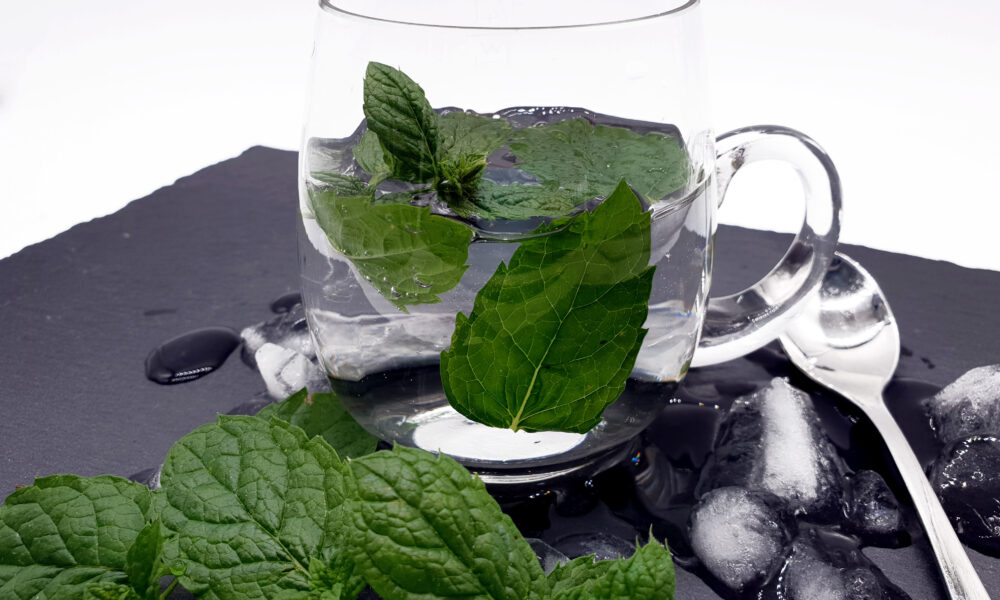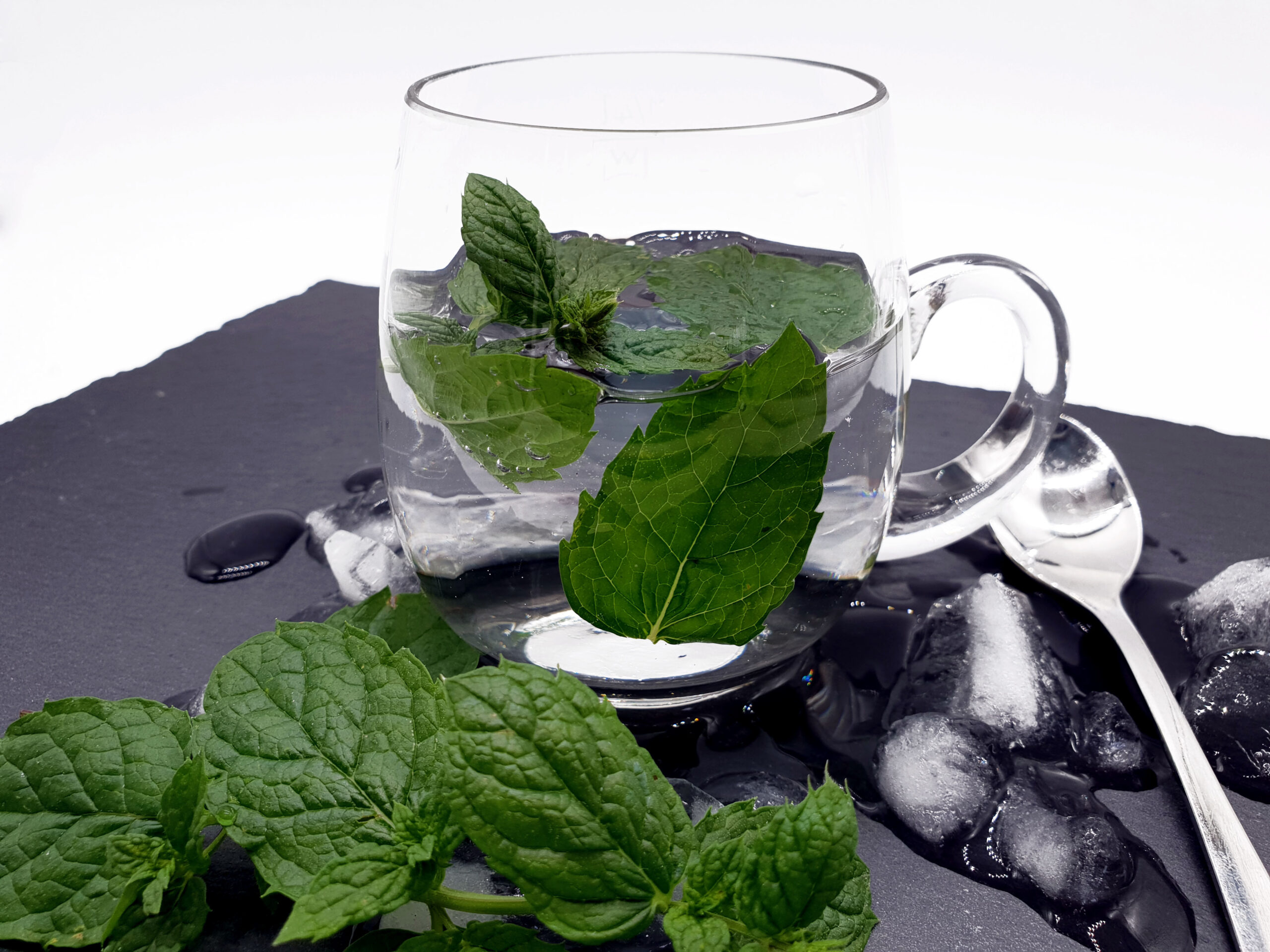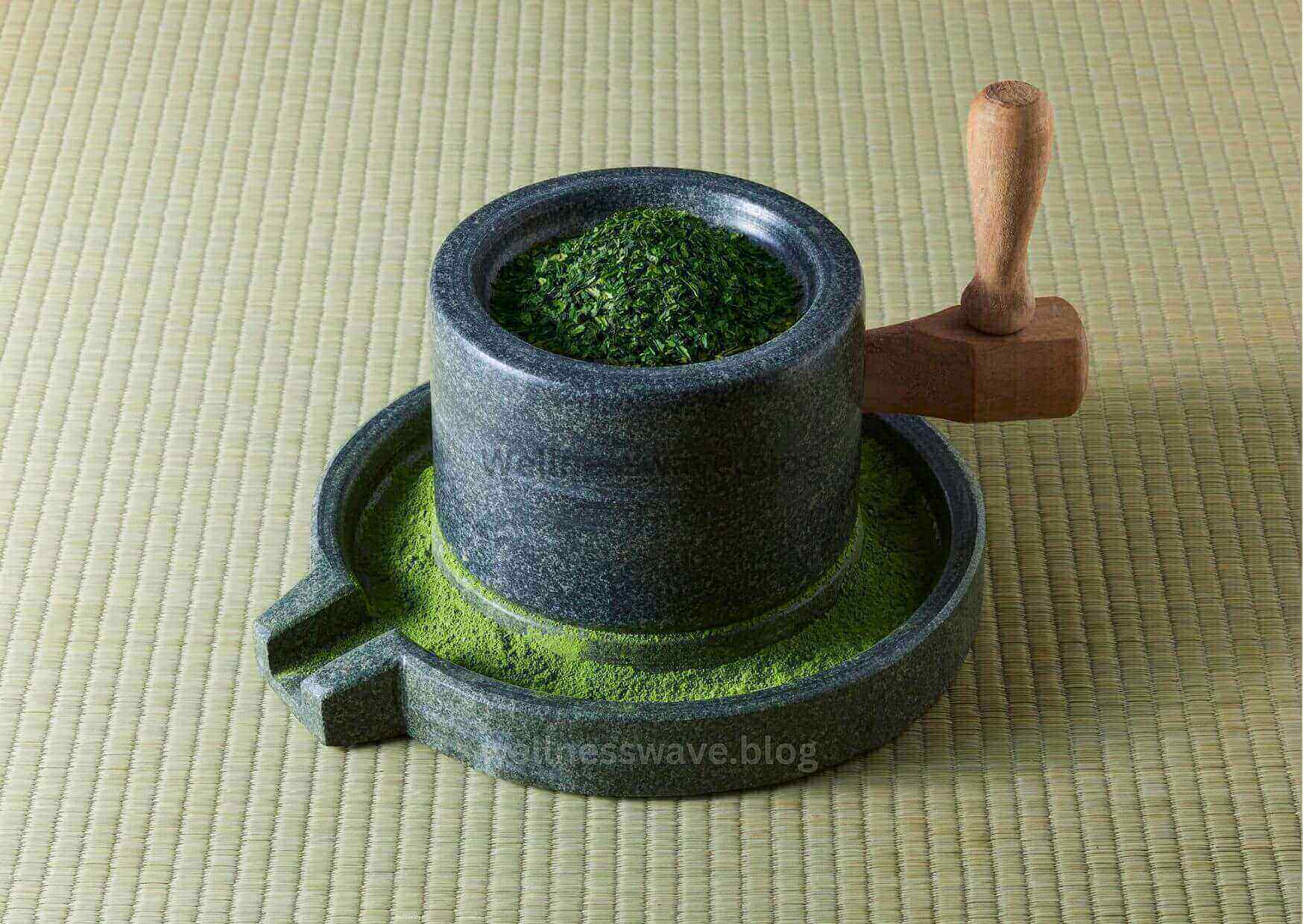
Can Peppermint Tea Reduce Bloating and Fat Storage?
Bloating and stubborn belly fat is no more a concern. The right yet easy solution is the key to achieving your health and weight loss goals. Well known for its refreshing taste and digestive benefits peppermint tea naturally aids to ease bloating and support your body’s fat metabolism.
What is Peppermint Tea?
Peppermint tea is particularly a refreshing herbal caffeine free beverage made from the leaves of the peppermint plant called Mentha piperita. It is rich in natural compounds like menthol, menthone, and limonene all of these are known to reduce inflammation, calm the stomach and give your metabolism a gentle boost.
How Peppermint Tea Helps with Bloating?
Peppermint tea has soothing effects on your digestive system which makes it a natural remedy for bloating. The menthol present in it helps calm the digestive muscles, which helps ease the tight and bloated feeling many people get after eating. Consuming peppermint tea 20 minutes after meals can stimulate the flow of bile (the fluid your body uses to digest fats) which helps make the digestion smoother. Peppermint tea can be very helpful for people with a sensitive digestive system as it aids in reducing bloating, cramps and discomforts.
Can Peppermint Tea Reduce Fat Storage?
Peppermint may support weight management indirectly, along with some health benefits.
1. Reduces Appetite
The strong menthol aroma present in peppermint tea may help curb cravings and reduce unnecessary snacking. Drinking a cup between meals can help you stay full for longer.
2. Supports Digestion and Metabolism
By preventing bloating and aiding in nutrient absorption, peppermint tea may support your body’s natural fat metabolism.
3. Anti-inflammatory Benefits
Sometimes your body holds onto some extra weight because of hidden inflammation that slows down our metabolism and affects fat burning hormones. Peppermint tea can gently ease this inflammation making it a natural and helpful way to support your body’s efforts to lose weight.
Best Time to Drink Peppermint Tea for Bloating and Fat Reduction
- After Meals: Helps in digestion and prevents post-meal bloating.
- In the Evening: Soothes the stomach and prevents nighttime bloating or cravings.
- Before Bed: Promotes relaxation and may indirectly help with hormonal balance that affects fat storage.
How to Prepare Peppermint Tea
Here’s a quick and simple method:
Ingredients:
- 1 teaspoon dried peppermint leaves or 1 peppermint tea bag
- 1 cup boiling water
Instructions:
- Steep peppermint leaves or tea bag in hot water for 5–10 minutes.
- Strain and enjoy it warm.
- Optionally, add a few drops of lemon juice or honey.
Side Effects Of Peppermint Tea
Peppermint tea is generally safe for most people, but here are a few precautions:
- May worsen acid reflux in people with GERD.
- Should be avoided in excess during pregnancy unless approved by a doctor.
- People with gallbladder disorders should consult their doctor before use.
Scientific Studies Supporting the Benefits of Peppermint Tea
- Improved Digestive Health: A study published in PubMed in 2019 found that peppermint oil—the key ingredient in peppermint tea helped ease common symptoms of irritable bowel syndrome (IBS), like bloating and stomach pain. This shows how peppermint tea can be a gentle way to calm the digestive system and support better gut movement.
- Peppermint’s Influence on Hormones: A study published in PubMed investigated the effects of peppermint and spearmint teas on hormone levels in rats, noting changes in testosterone and luteinizing hormone levels.
Peppermint Tea vs Other Herbal Teas for Digestion
While peppermint tea is a favorite for soothing an upset stomach, it’s not the only herbal tea known to support digestion. Let’s see how it stacks up against a few other popular choices
1. Ginger Tea
If you’re feeling bloated or nauseous, ginger tea might be your go-to. It’s well-known for its powerful anti-inflammatory and stomach-settling effects. People often reach for it during travel, motion sickness, or after a heavy meal—it helps get things moving and may even give your metabolism a little kick.
2. Chamomile Tea
Chamomile isn’t just for sleep—it’s also a gentle healer for your gut. With its calming properties, it helps ease digestive discomfort, especially when stress is the culprit. If your tummy tends to react to anxiety, chamomile tea can bring a much-needed sense of calm.
3. Fennel Tea
If you often feel gassy or bloated after a meal, fennel tea can help ease symptoms and relax your body instantly. This sweet, licorice-like tea contains compounds that relax your digestive muscles and ease gas and cramps. It’s especially popular as a post-meal tea in many cultures.
The Bottom Line
Peppermint tea is a gentle, natural solution for bloating and digestive discomfort. Its soothing properties support smoother digestion and may aid in fat metabolism when consumed regularly. Simple, effective, and backed by nature — it’s a smart addition to your wellness routine.
FAQs
Q1. How quickly does peppermint tea work for bloating?
Many people feel relief within 30–60 minutes after drinking a warm cup.
Q2. Can peppermint tea reduce belly fat?
It doesn’t burn fat directly but supports digestion, which may reduce belly bloating.
Q3. How many cups of peppermint tea should I drink a day?
1 to 2 cups daily are generally enough for digestive support.
Q4. Can I drink peppermint tea on an empty stomach?
Yes, it’s gentle and can help settle the stomach when taken on an empty stomach.
Q5. Is peppermint tea good for IBS?
Yes, it’s widely recommended for easing symptoms like cramps, bloating, and gas in IBS sufferers.
Q6. Can I drink peppermint tea while pregnant?
It’s best to consult your doctor, though occasional intake in small amounts is usually considered safe.
Q7. Does peppermint tea contain caffeine?
No, peppermint tea is naturally caffeine-free.
Q8. Can peppermint tea help with constipation?
It may help by relaxing the digestive tract and promoting regular bowel movements.







No Comment! Be the first one.